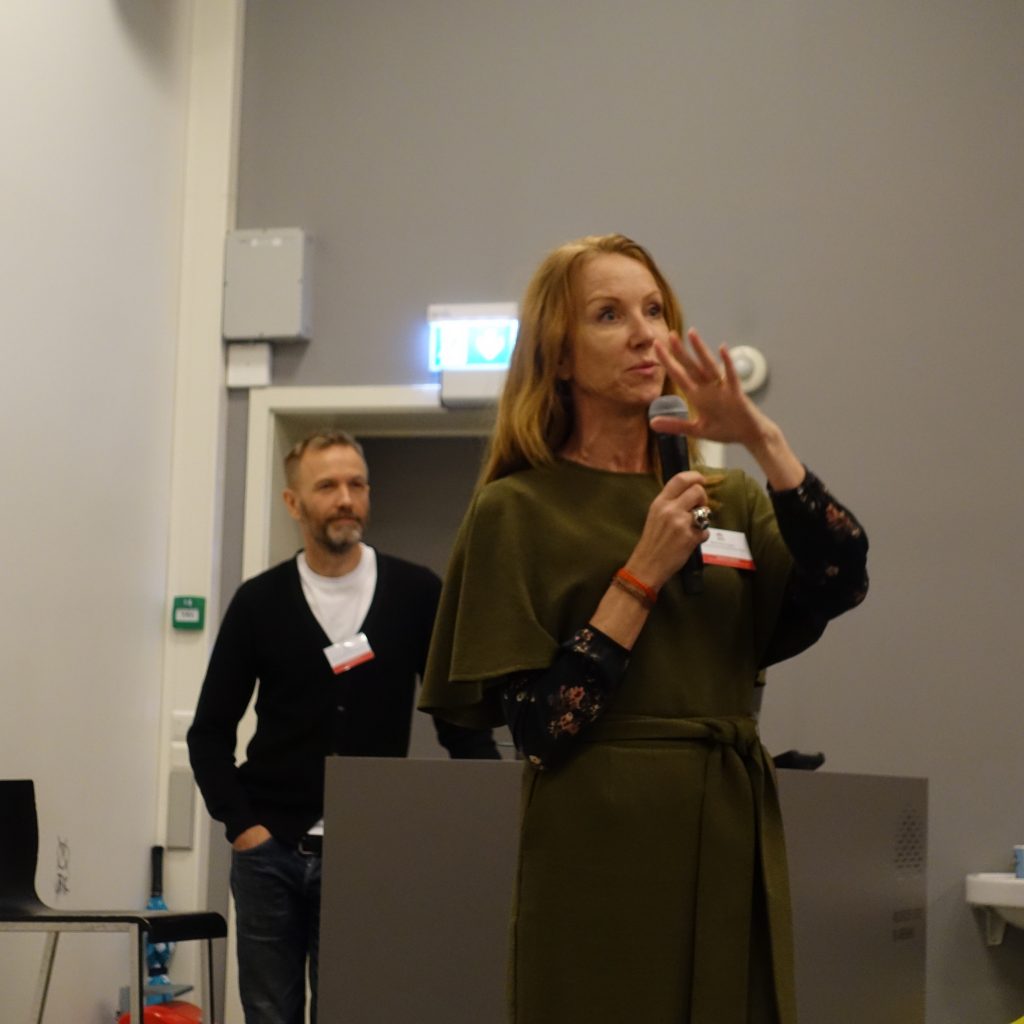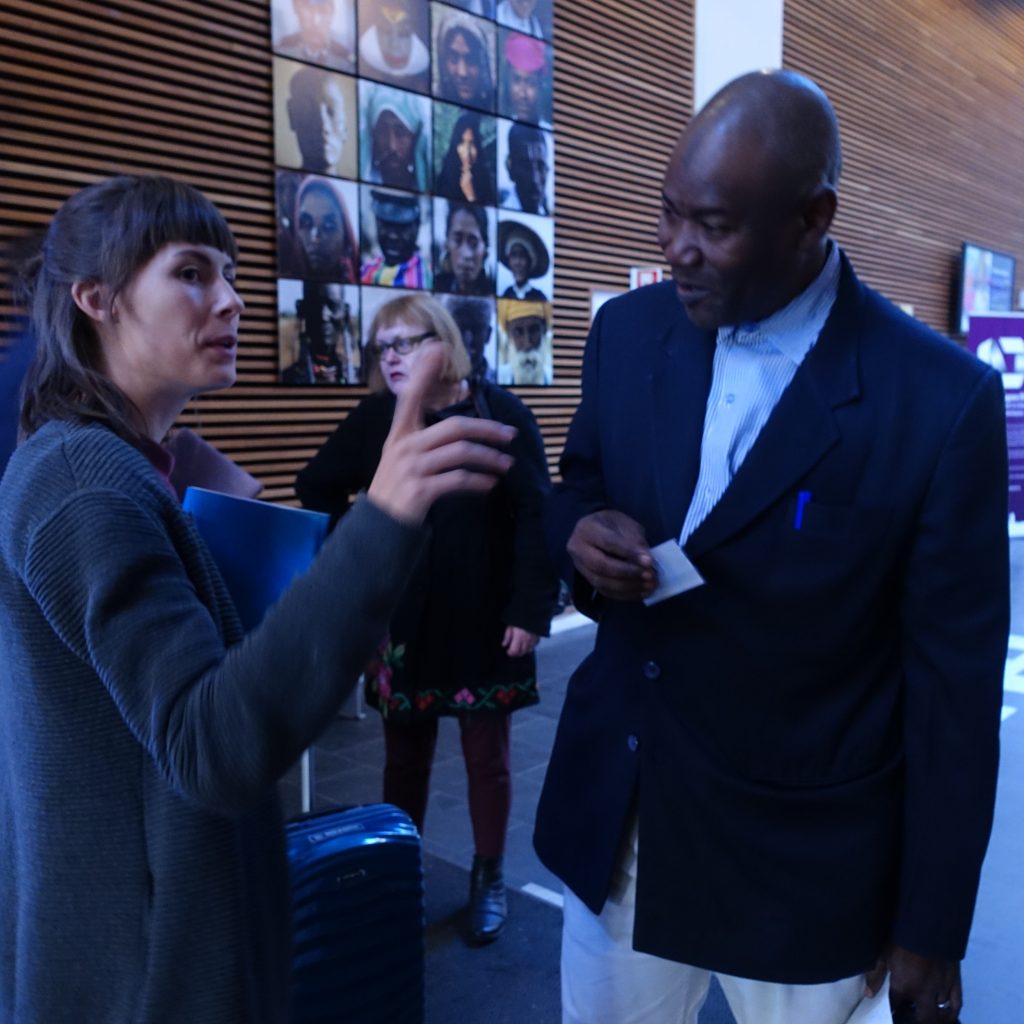This is what Ramon Tuazon asked for at the conference Safety of Journalists Covering Conflict & Sensitive Issues. This is what he got:


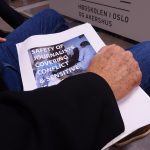

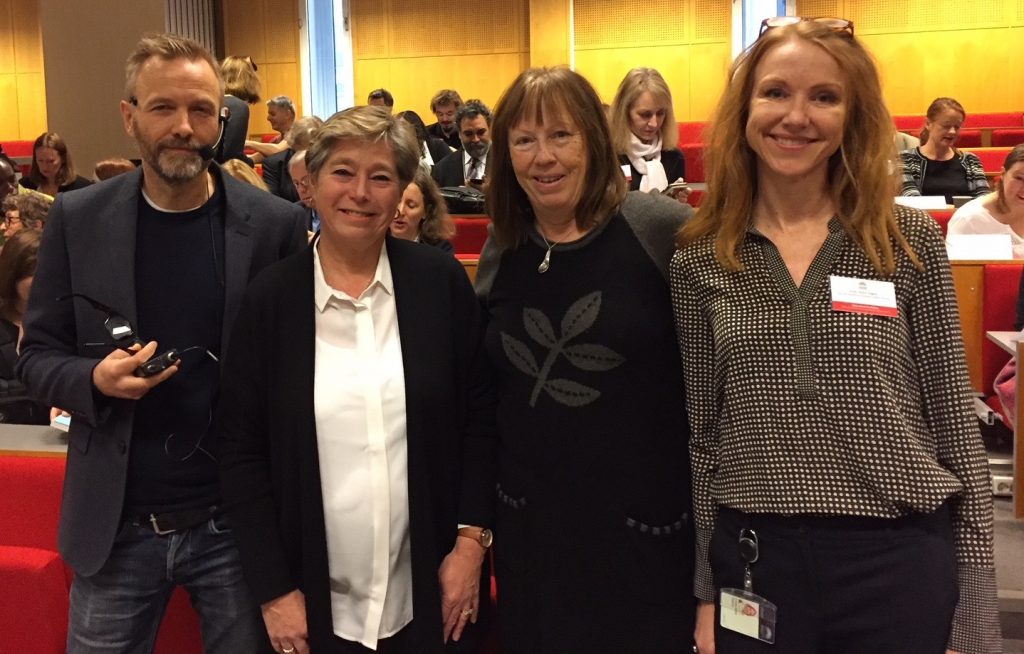
The State Secretary of the Norwegian Ministry of Foreign Affairs, Tone Skogen welcomed the participants of the conference, and accurately and briefly outlined the seriousness of the current situation, when it comes to security for journalists:
- Between 2012 and 2016, 530 journalists were killed, an average of two deaths per week. According to Unesco, 92 % of these were local journalists. So far this year, 42 journalists, 5 citizen journalists and 8 media assistants have been killed globally, according to Reporters without Borders.
- These are serious attacks on freedom of expression and freedom of the press – and they are serious attacks on democracy.
- Some journalists are silenced for reporting dangerous conflicts. Some are silenced for criticising authorities and exposing corruption and organised crime. For every journalist killed, many more face the risk of enforced disappearance, arbitrary detention, kidnapping, torture and other threats. Many are forced to give up their work, and diversity of voices is lost.
- The perpetrators are rarely brought to justice. In 9 out of 10 journalist killings, those responsible go unpunished. This is unacceptable. All states must ensure that threats and attacks are investigated promptly, effectively and impartially. You can read her whole speech at regjeringens webpage.
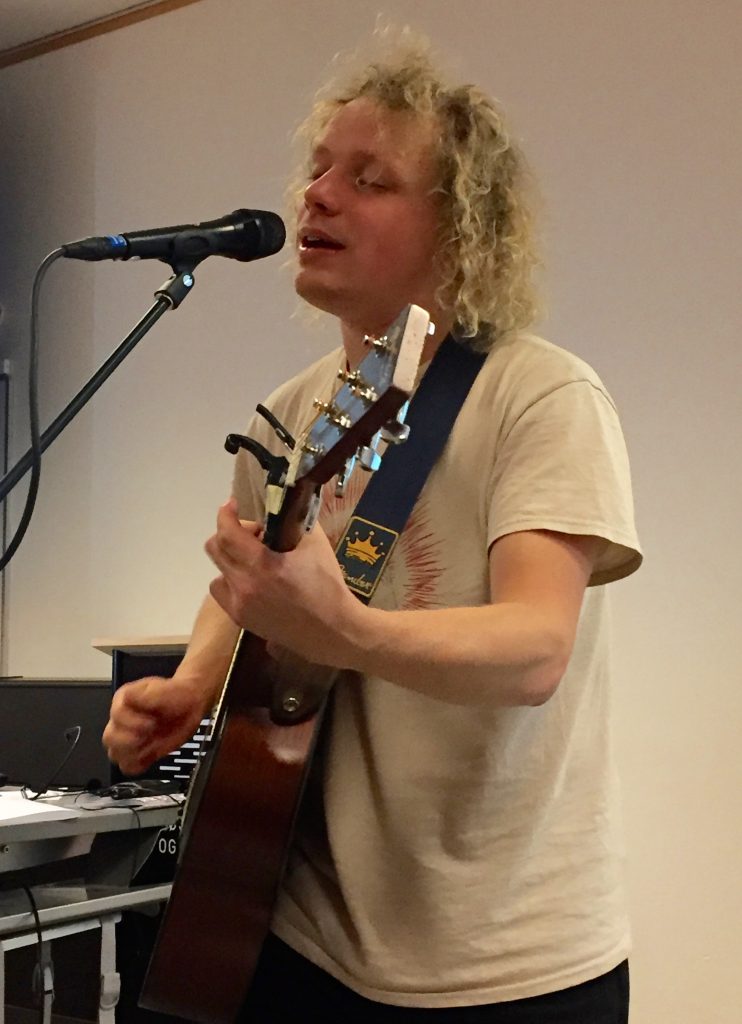 Norwegian artist Moddi sang “Army Dreamers” by Kate Bush. The song was one of 67 songs that was considered inappropriate for airplay” on BBC during combats in the Gulf. The song was from Moddis album of 12 songs from 12 different countries that have been banned for different reasons. Read more about his project at: Unsongs.
Norwegian artist Moddi sang “Army Dreamers” by Kate Bush. The song was one of 67 songs that was considered inappropriate for airplay” on BBC during combats in the Gulf. The song was from Moddis album of 12 songs from 12 different countries that have been banned for different reasons. Read more about his project at: Unsongs.
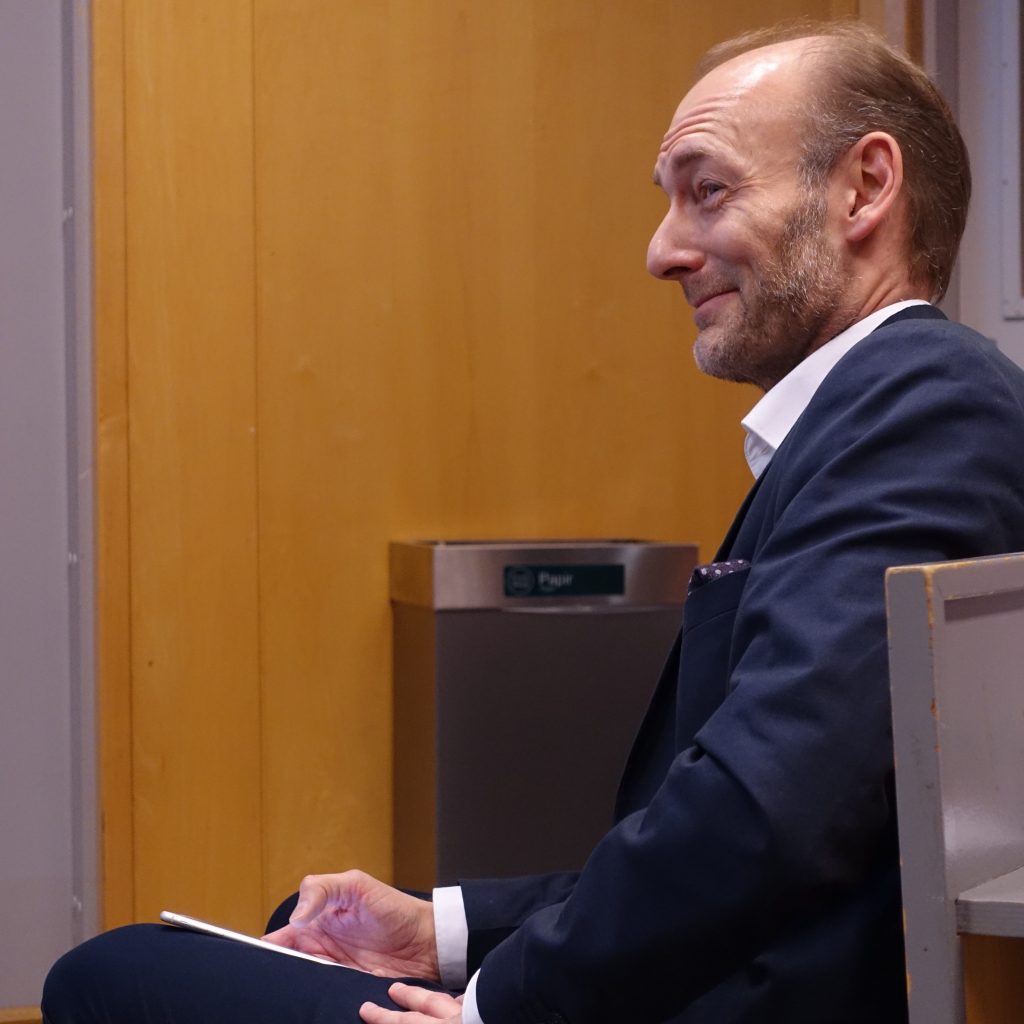
The following introduced the Day to End Impunity for Crimes Against Journalists: Director of Fritt Ord, Knut Olav Åmås expressed concern about the current media situation, but also optimism on behalf of certain media agents. He quoted Oscar Wilde: “All great ideas are dangerous.”
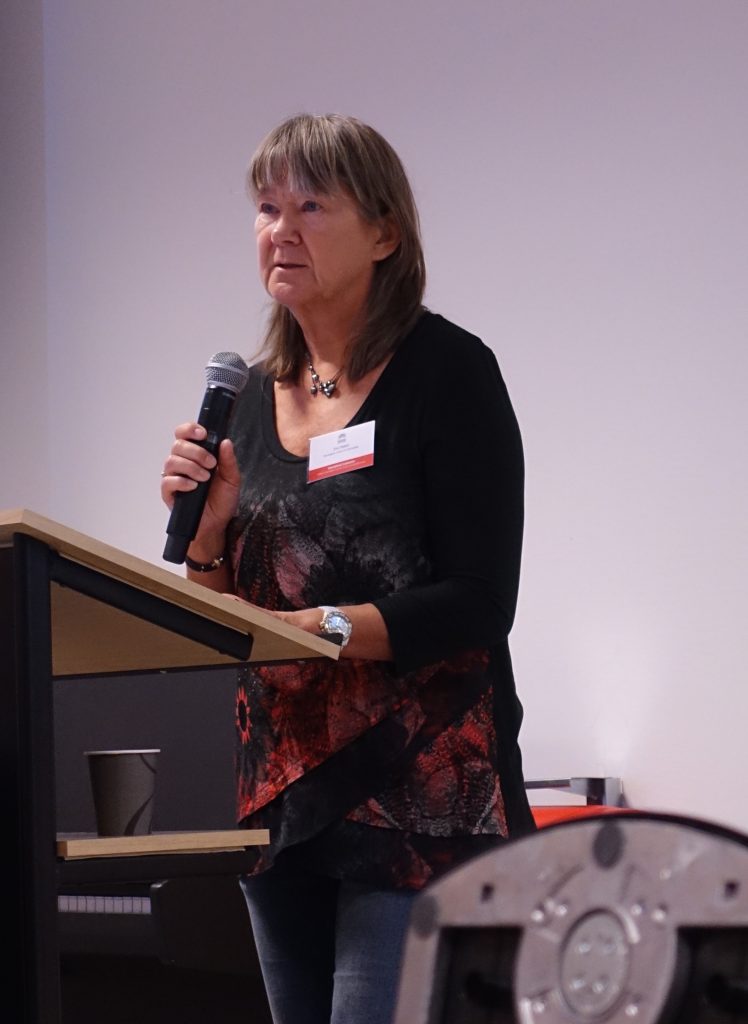
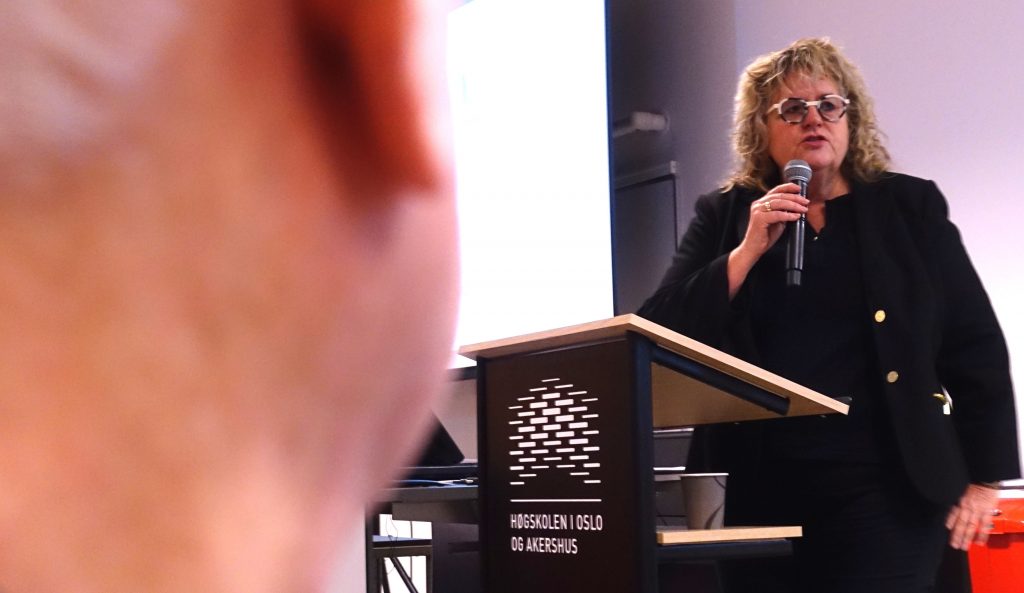
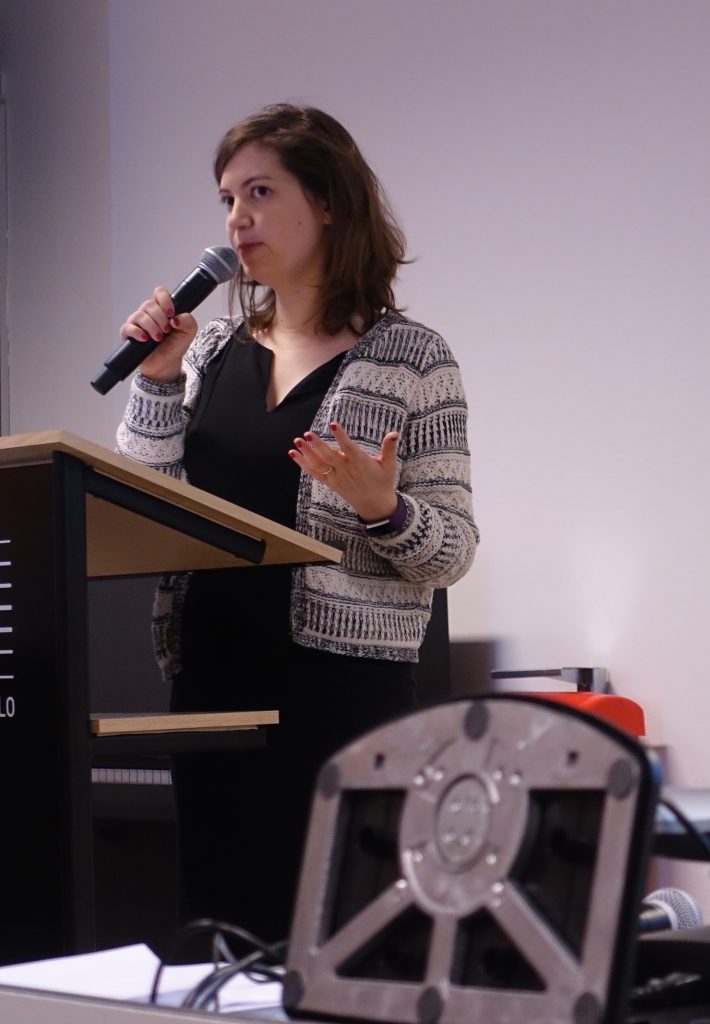
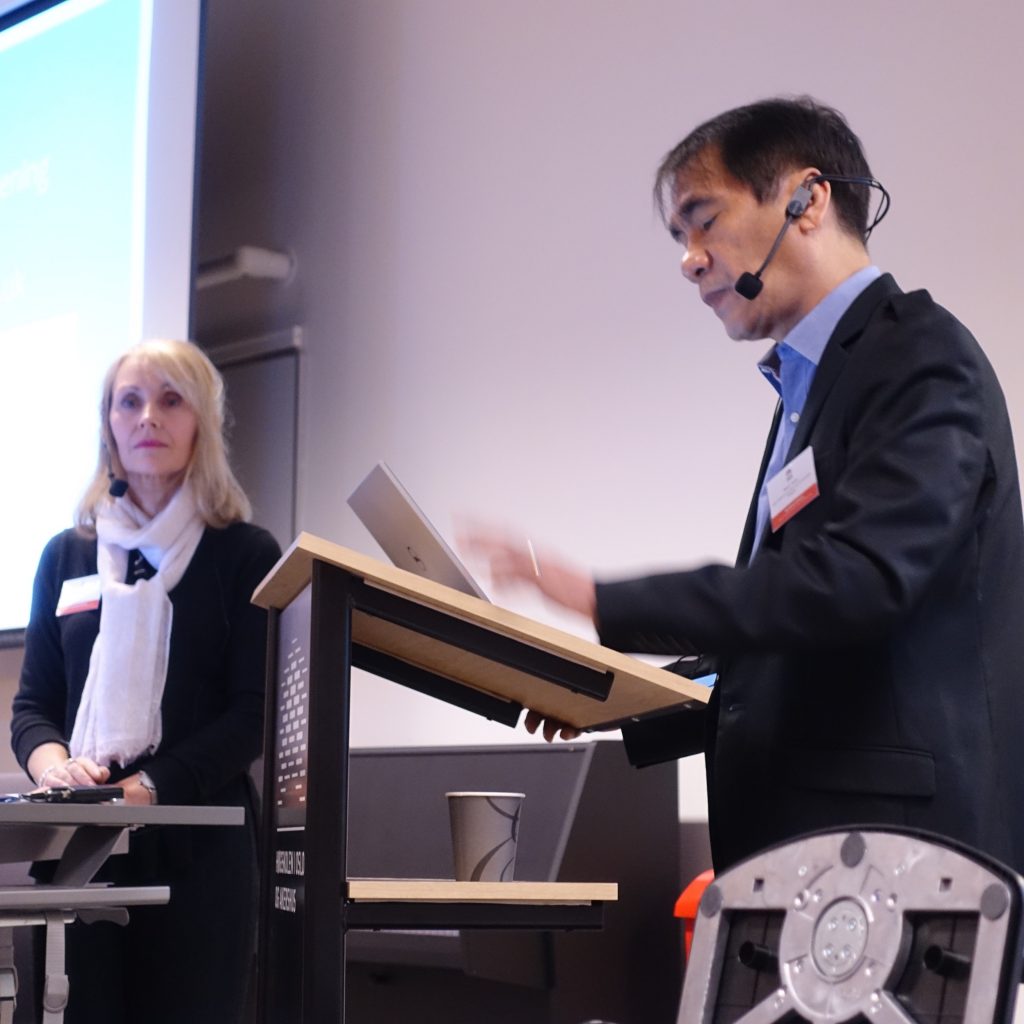
Ramon Tuazon, president of the Aisan Institute of Journalism was the one to wish all a “disruptive and disturbing” conference!
Jackie Harrison, professor at the The Centre for Freedom of the Media, University of Sheffield, emphasized that “killing” is just one of many methods that is being used to intimidate journalists. Another one is the increasing amount of internet harassment, labelling of journalism as elite and fake news.
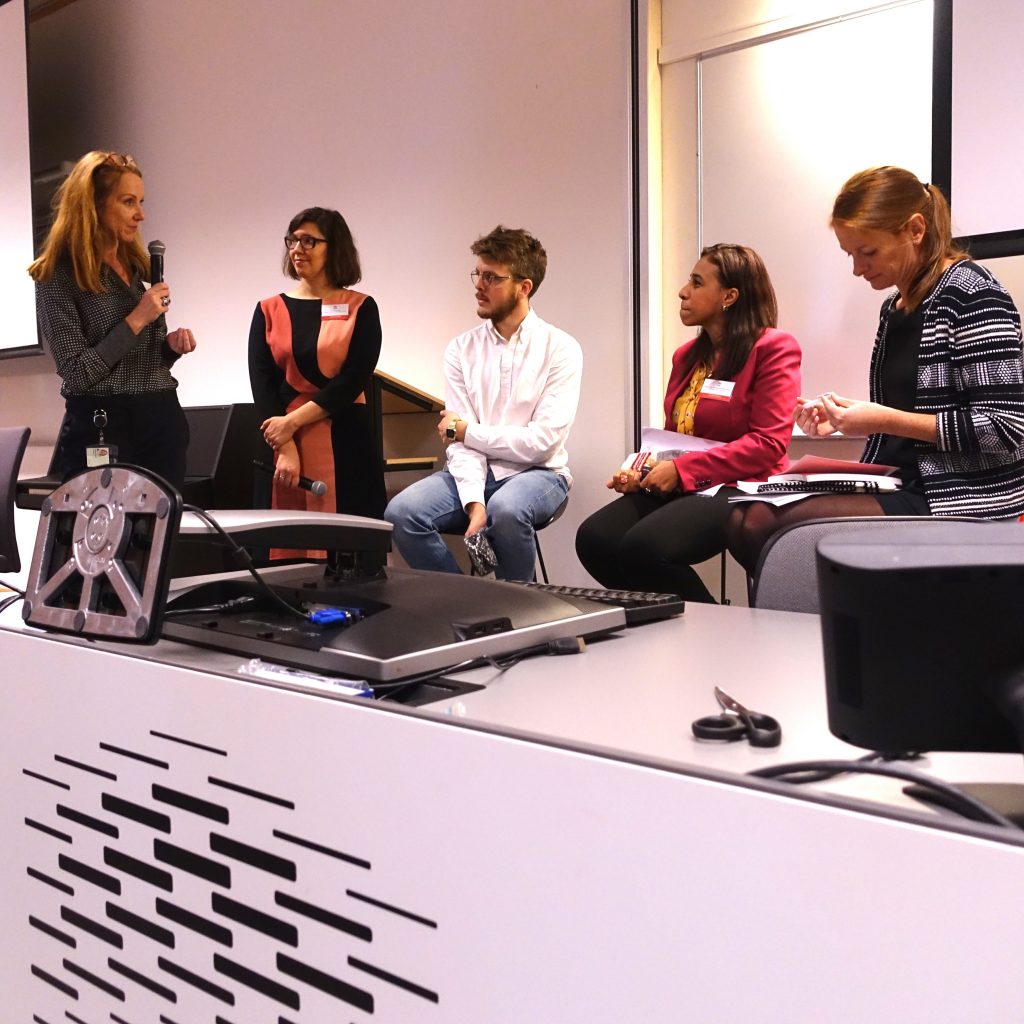
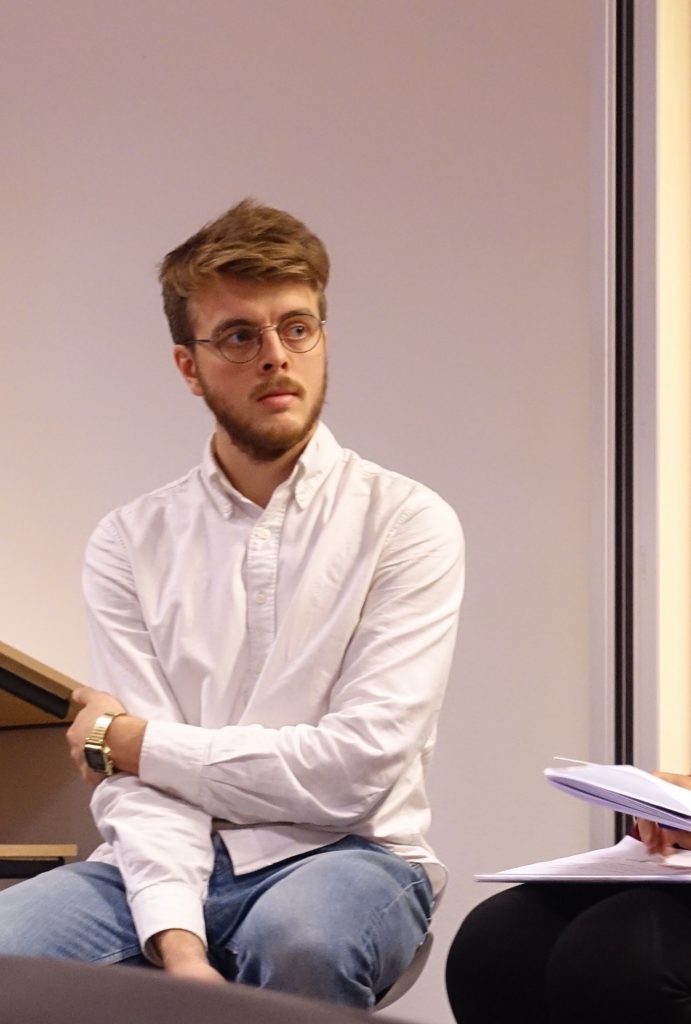
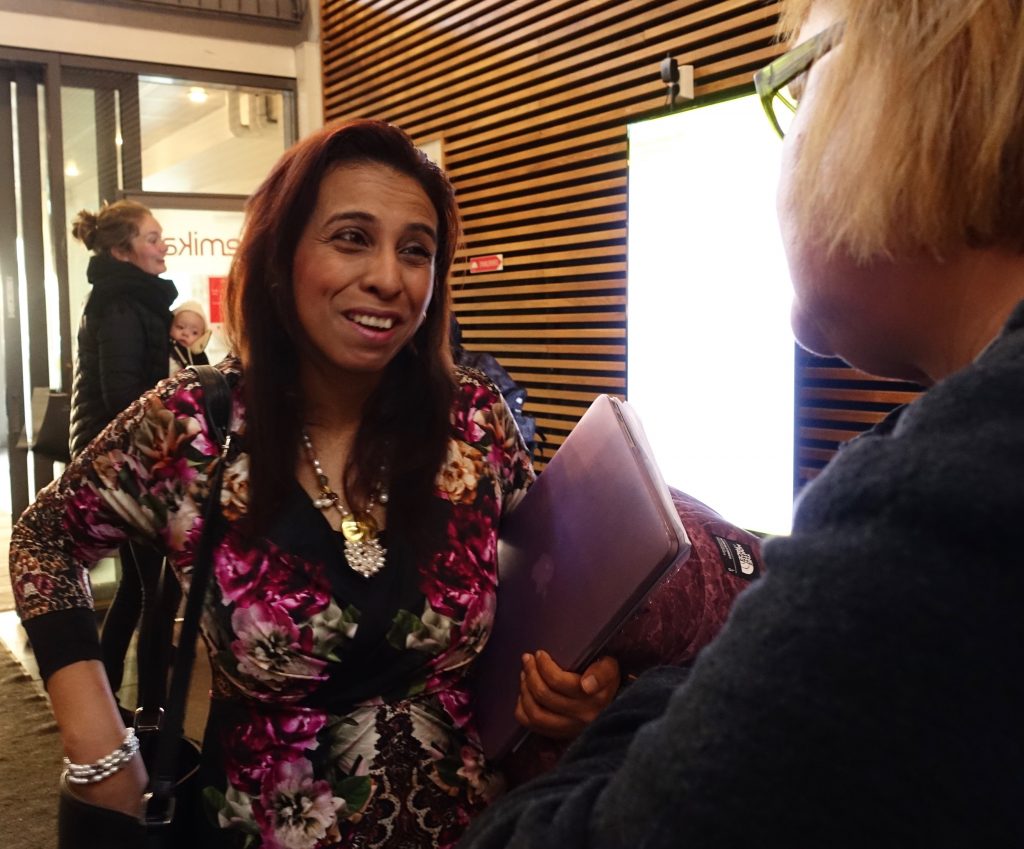
 Hannah Storm´s main concern was harassment towards women journalists. She stated that women journalists are three times more inclined to experience harassment than men, yet tend to normalise it. Watch Hannah Storm express her concern on the issue here
Hannah Storm´s main concern was harassment towards women journalists. She stated that women journalists are three times more inclined to experience harassment than men, yet tend to normalise it. Watch Hannah Storm express her concern on the issue here
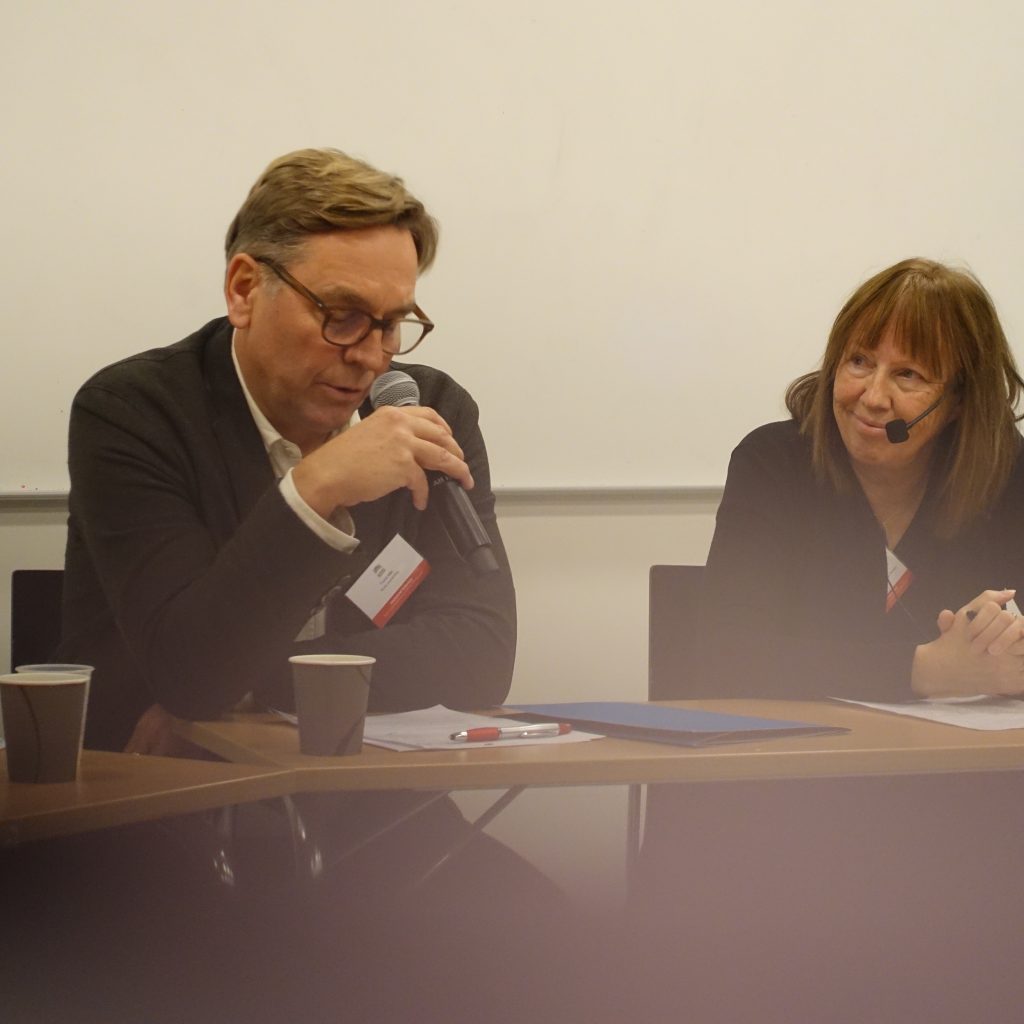
A very interesting and useful session was on journalists covering war and conflict, and the security, stress and psychology following. The session was led by professor Elisabeth Eide. Associated professor and psychologist Nora Sveaass, emphasized that debriefing is not talking on detail about a traumatic incident, but rather sharing some feelings and reactions. Anthony Feinstein, professor in psychiatry introduced the term: Moral Injury, which he found to be a greater problem among journalists than post-traumatic stress and depression. He defined it as the guilt and shame that journalists feel when constantly faced with moral dilemmas such as: Should I take a photo, or should I help the person I am taking a photo of?
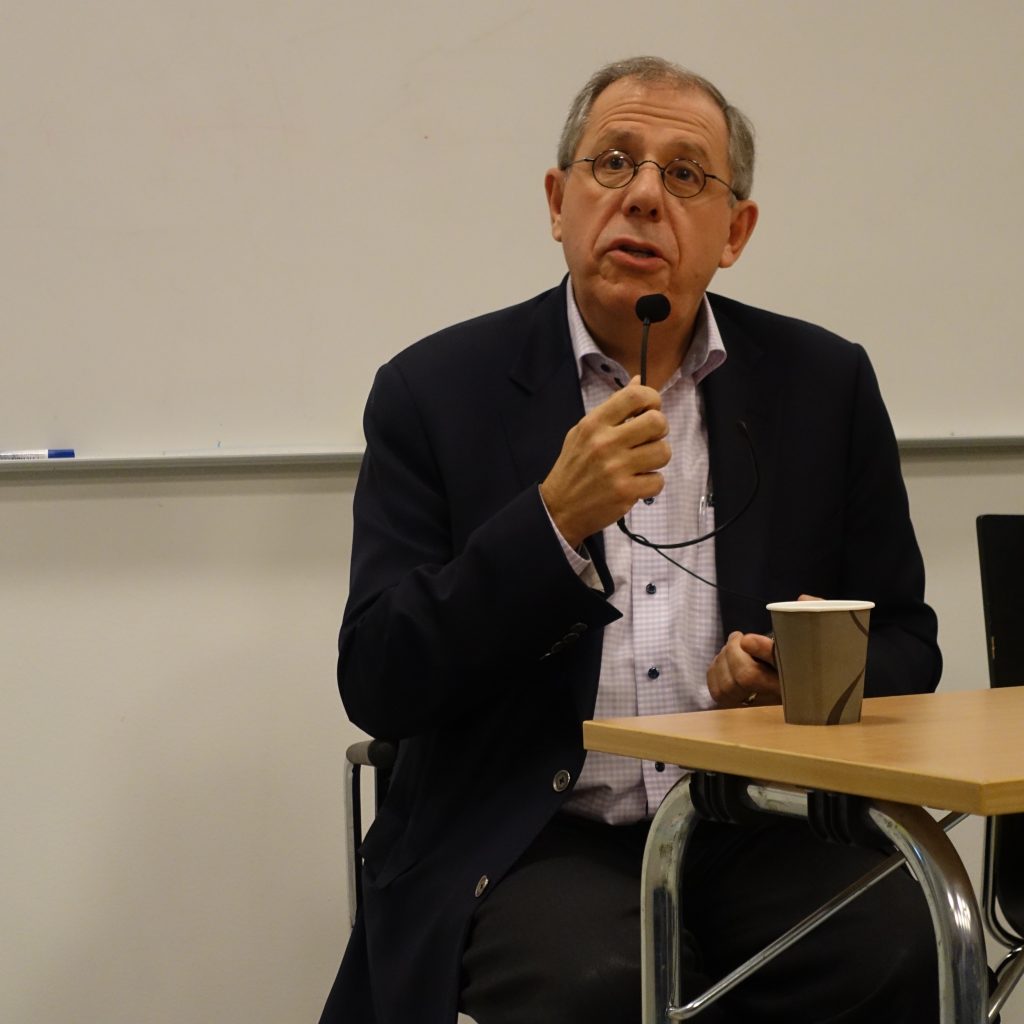
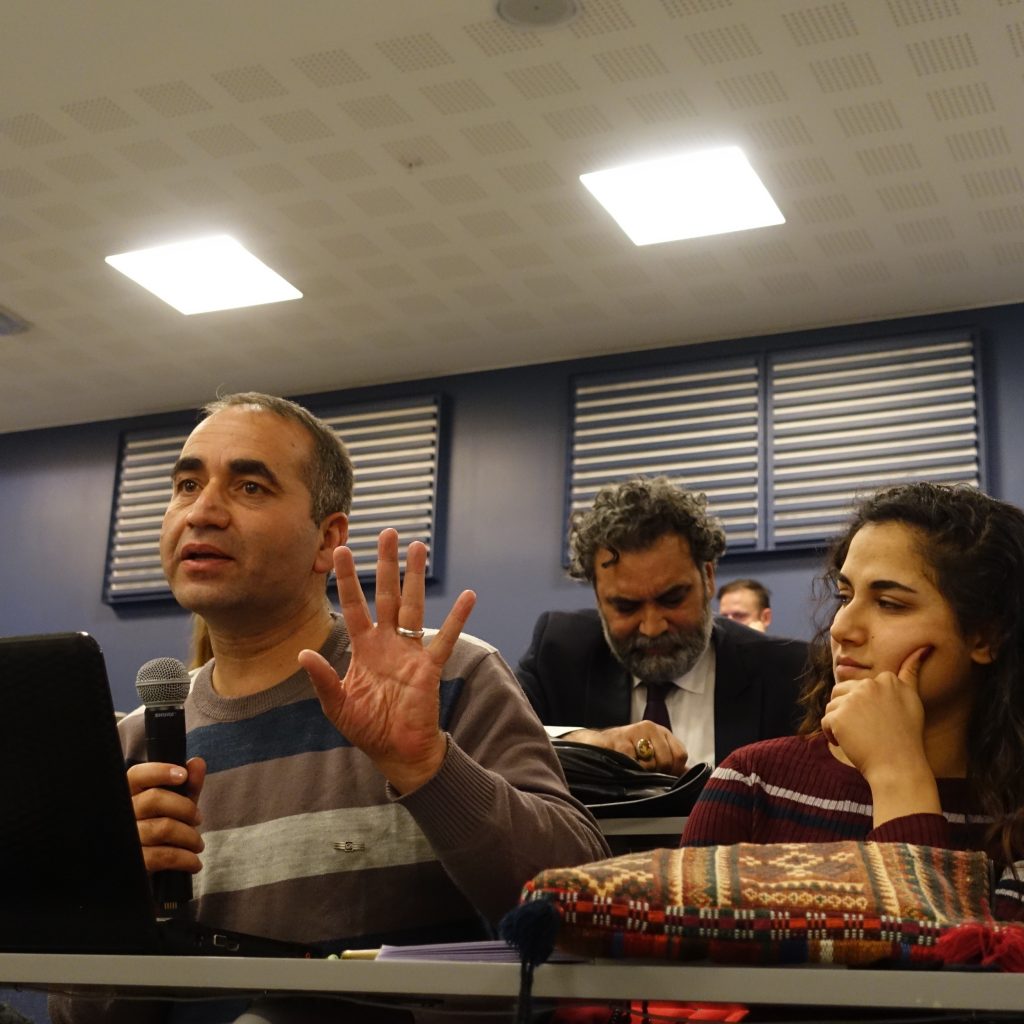
A book was launched, based on a development and research project on the freedom of speech -Negotiating Journalism -Core Values and Cultural Diversities. The project was inspired by the project Shared Horizons, and the book is based on a collaboration between Norway, Bangladesh and Tunisia. MEKK member Elsebeth Frey, worked as editor together with Mofizur Rhaman and Hamida El Bour. MEKK-member Solveig Steien also contributed with an article to the book.
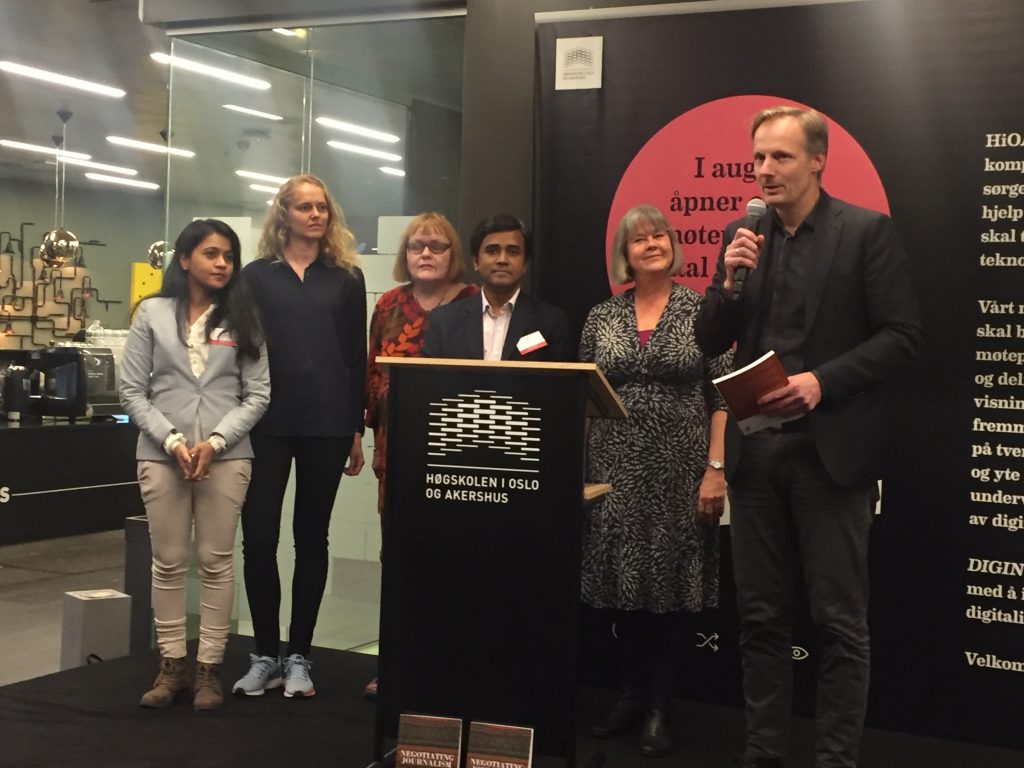
Both days of the conference there was a paper session, in which academics from 30 different countries shared their research on common topics, such as risk, threats and harassment, journalistic practices and working conditions, the role of the journalists in war and conflict, as well as other topics. See all of the papers presented here.
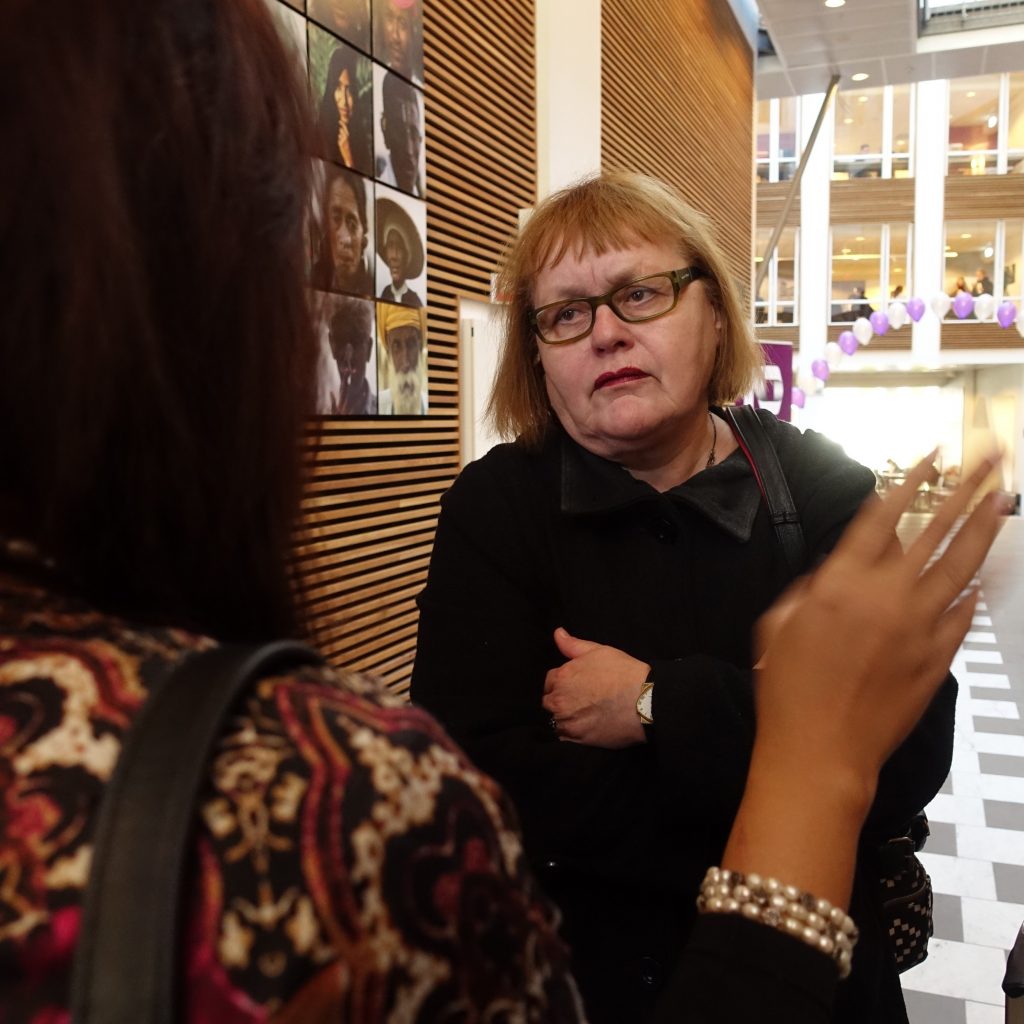
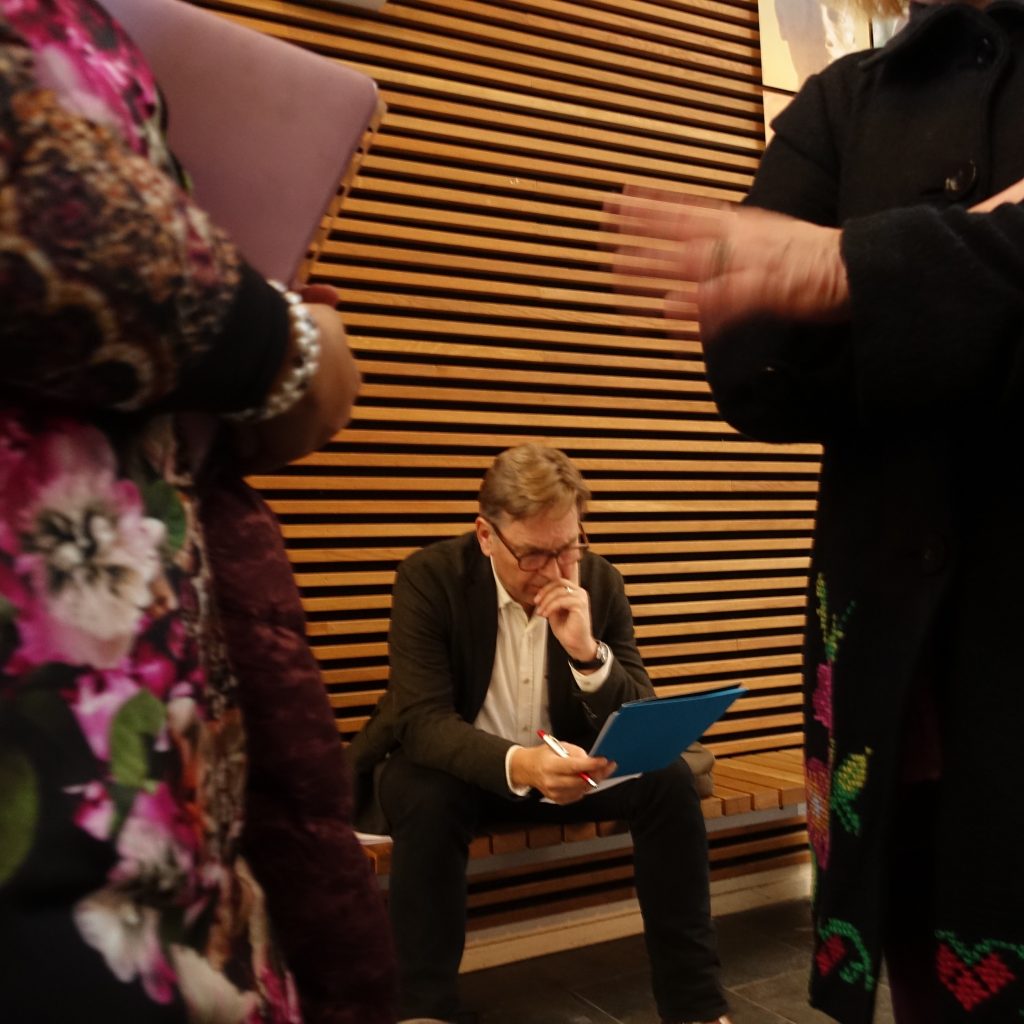
Among them was Mariateresa Garrido whose main concern is the training of journalists on legal issues related to their safety, as her experience is that very few journalists actually implement their juridicial rights. Listen to her talk briefly on the topic here.
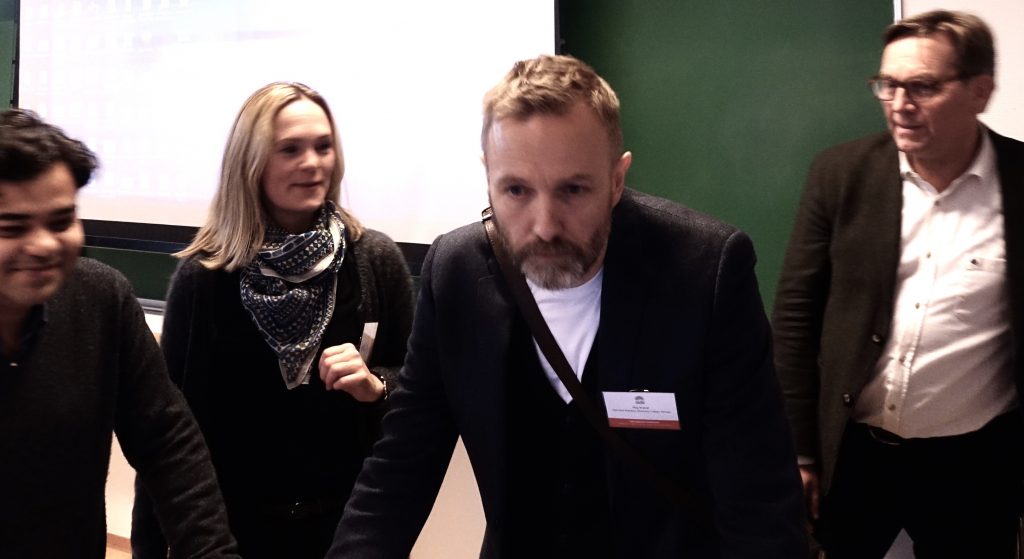
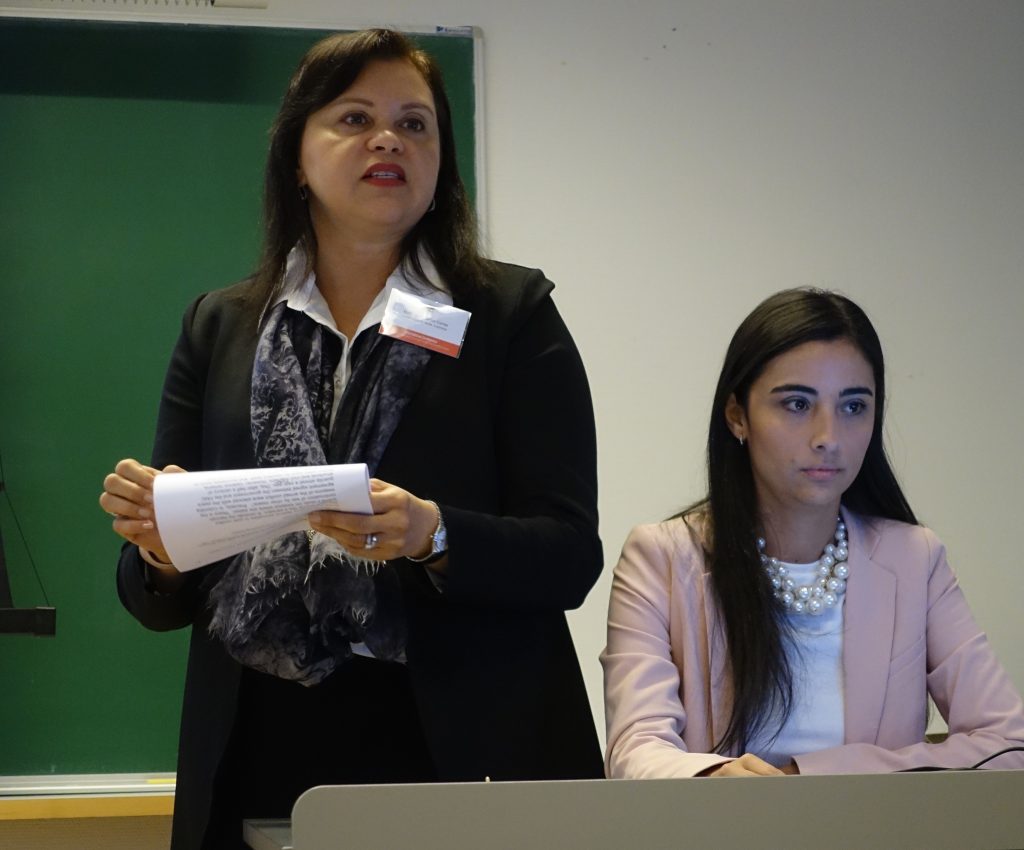
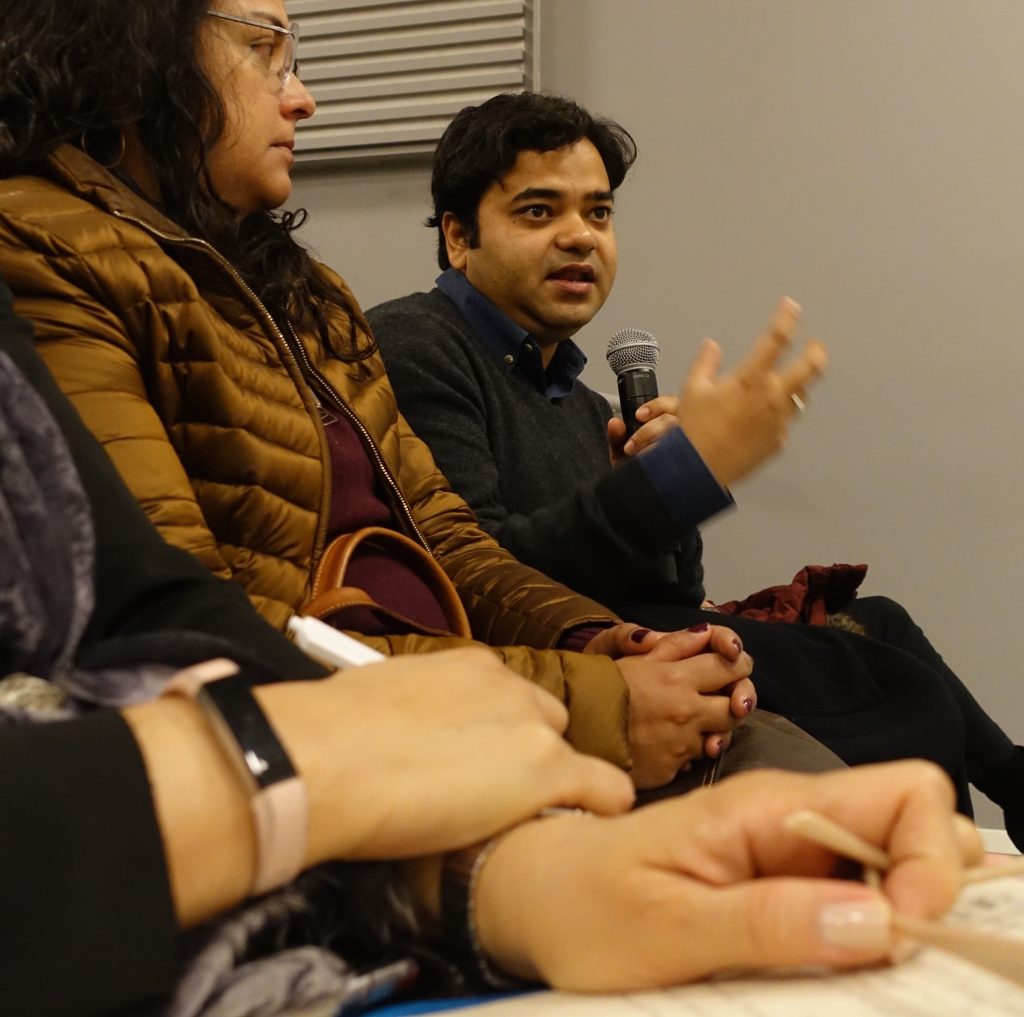
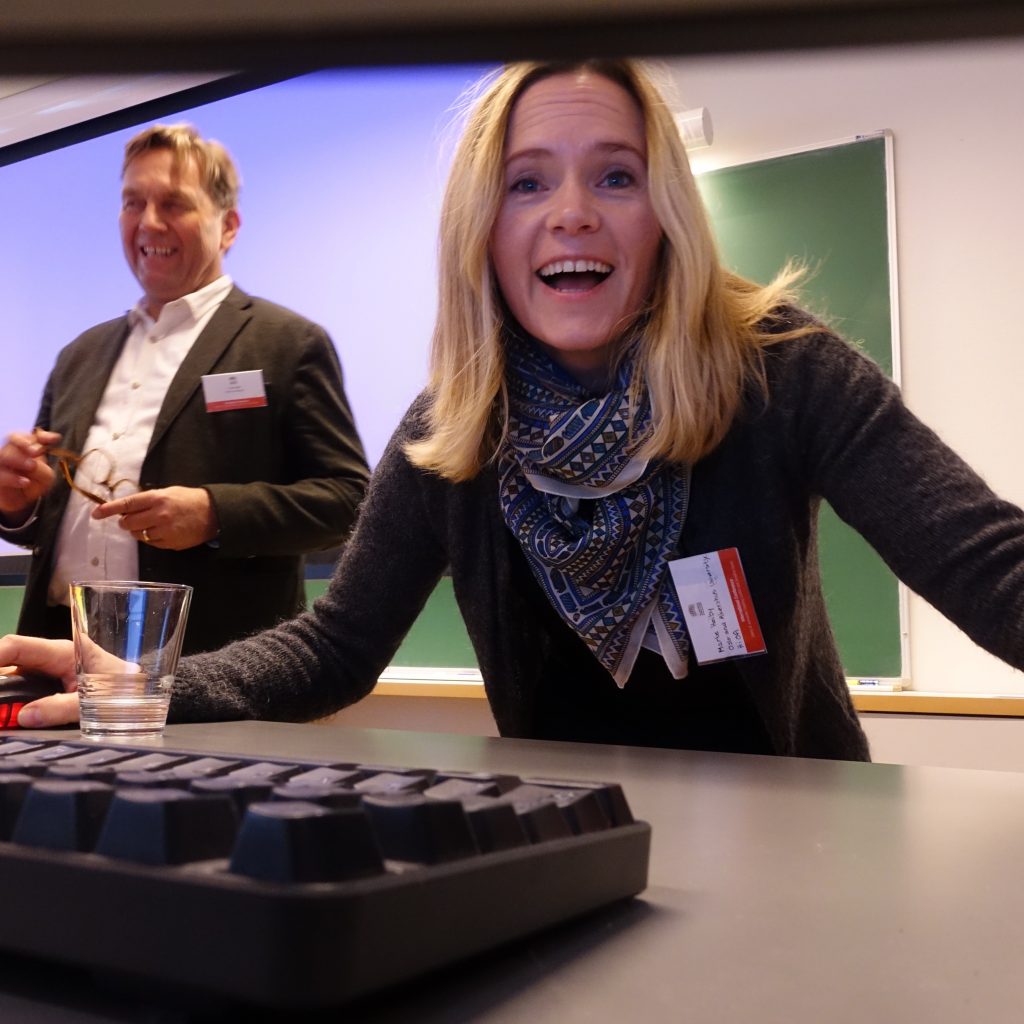
Another interesting paper was Marte Høiby´s talk on the journalist-fixer relations in covering Mindanao in the Philipines. Several papers focused on the high degree of risks that fixers are subject to, yet are not always aware of themselves, as one of Marte´s sources put it: ” We are the frog in the pot -your tolerance to threats get higher and higher, and you end up dead.”
Thanks to the people behind the scenes, Sara Bjelvin and Ingrid Fadnes, as well as heads of MEKK, Kristin Skare Orgeret and Roy Krøvel.
